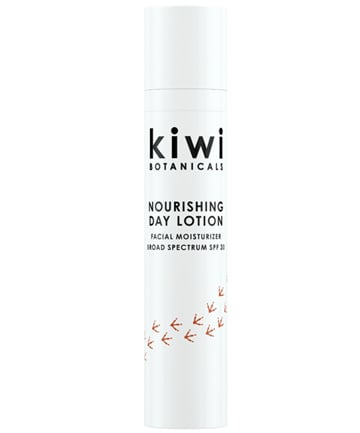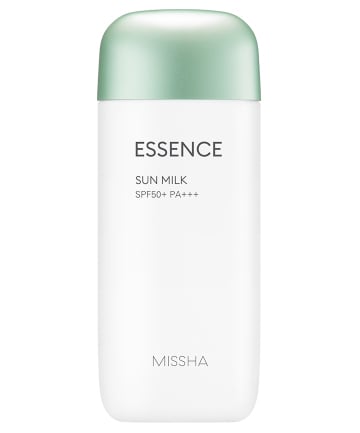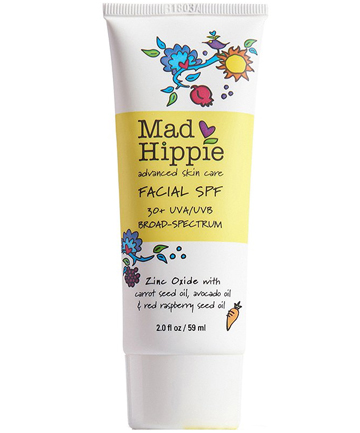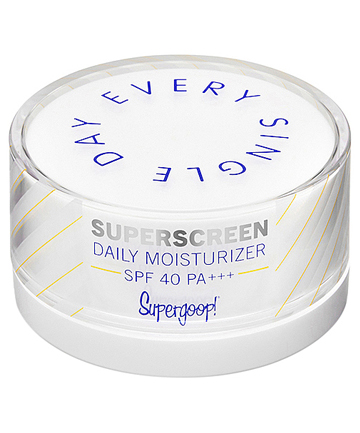Even though we tend to think of SPF as a summer-only essential, the reality is that sunscreen is something you must apply year-round. Of course, you'll likely be applying less since you're sweating less (hence a reduced need to reapply) and you're exposing less skin. However, the skin that is exposed — that'd be your face, neck, and hands — is particularly prone to UV damage, since it's thinner.
Another factor to consider? Come winter, you may benefit more from an ultra-hydrating SPF. So, to help you find a product that does exactly that, we've rounded up our favorite moisturizing sunscreens.
Image via Imaxtree
If you're unfamiliar with Kiwi Botanicals, you'll be happy to learn that this recently debuted, New Zealand-inspired skin care line is available on the cheap at Walmart (!). The brand just launched an SPF that makes moisturizing a key component of the formulation. It's still lightweight though, and contains nourishing manuka honey, sea kelp, kiwi extract, and vitamin B3.
Korean beauty brands consistently deliver superior sunscreen products, and this is no exception. This cult favorite features a very thin consistency that increases moisture by up to 21 percent while still packing an SPF of 50. Hero ingredients include a natural barrier complex, aloe vera leaf extract, glycofilm 1.5P to protect skin, and helichrysum flower water to calm the skin.
If you prefer a physical/mineral sunscreen versus a chemical formulation, this option is a winner. Zinc oxide shields the skin from the sun while botanical oils — including red raspberry seed, avocado, carrot seed, and jasmine — seriously nourish and hydrate. It also contains hydrating shea butter, skin plumping hyaluronic acid, and a potent antioxidant blend of vitamin C, vitamin E, and ferulic acid.
Minimalists will appreciate Supergoop's popular moisturizer, which acts as both your morning SPF and hydrator. This lightweight, bouncy formula glides on seamlessly, soaks up quickly, protects and nourishes with blue-green algae, and boasts an SPF of 40. It also protects from blue light damage (as in damage from digital screens and overhead lights) with cerium, a rare mineral element.









